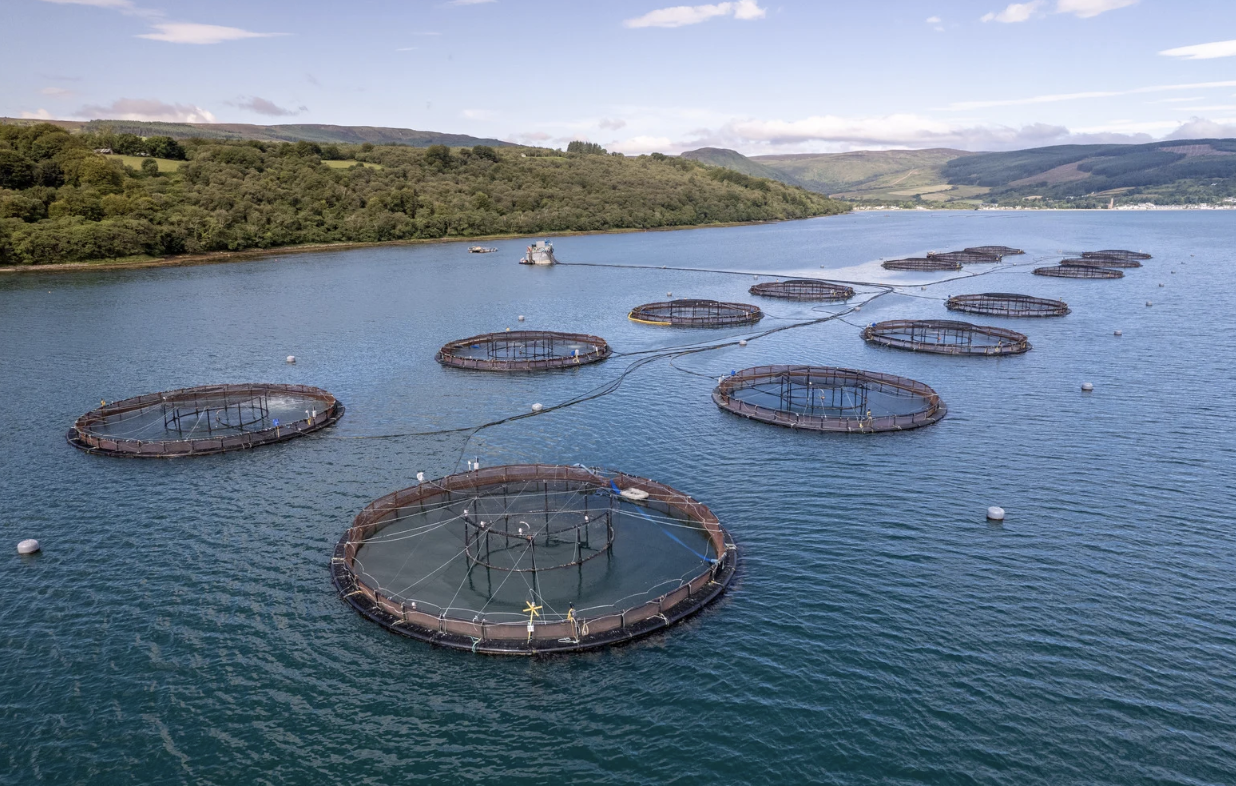Experts from the UK and the United States have shared findings on the responsible use of advanced genetic tools to tackle farmed fish health challenges, including sea lice ….
Dr Sarah Salisbury, Professor of Sustainable Aquaculture at the University of Exeter, and Dr Rex Dunham, Professor of Aquaculture Genetics at Alabama’s Auburn University, made presentations during the third virtual meeting of the EDIGEN initiative ….
…
Salisbury’s presentation … focused on the study of the natural resistance that species of the genus Oncorhynchus, particularly coho salmon, exhibit against sea lice. Using single-cell RNA sequencing, her team has identified candidate genes that could be edited in Atlantic salmon to copy this biological advantage.
Follow the latest news and policy debates on sustainable agriculture, biomedicine, and other ‘disruptive’ innovations. Subscribe to our newsletter.
One of the most revealing findings, according to Salisbury, was that skin cell types are similar across the species analysed, indicating that “resistant species don’t possess new cells, but rather use the same cells differently”. This observation allows gene editing to focus not on introducing novel cellular structures, but rather on replicating expression patterns that already exist in resistant species.
This is an excerpt. Read the original post here
